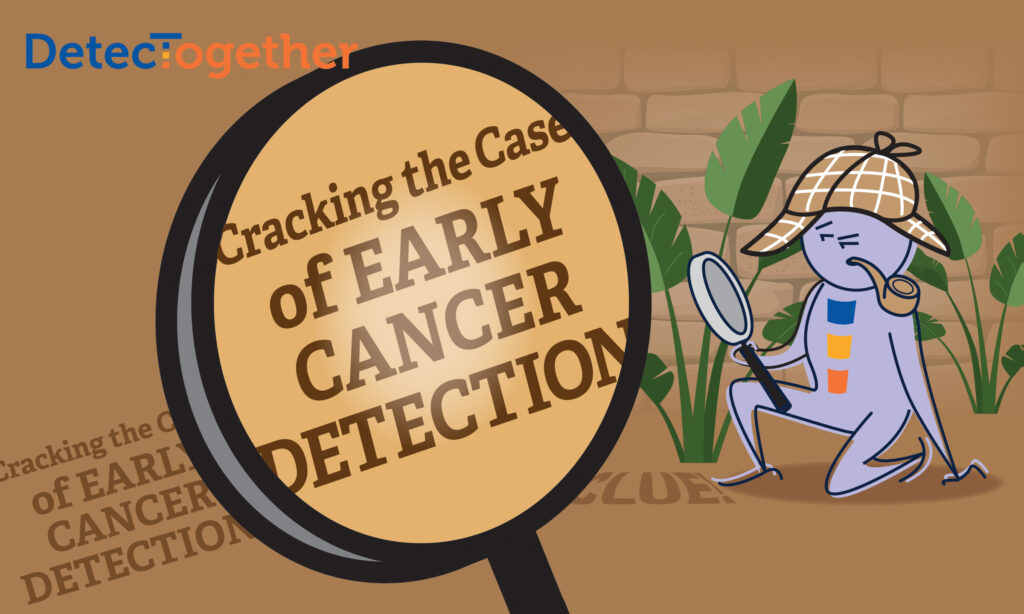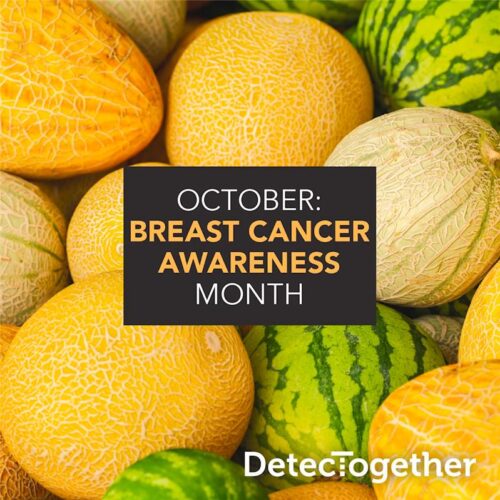
As health detectives, doctors rely on clues to crack every case. When it comes to your health, your body often leaves a trail of evidence — subtle signs that, if recognized and shared, could lead to early detection. The question is: are you noticing the clues your body is giving you, and are you speaking up before it’s too late?
The Crime Scene: How Cancer Develops in the Body
Cancer is like an intruder that sneaks into the system, breaking the rules of cell growth and division. Normally, our body’s immune system acts like a top-notch security force, eliminating faulty cells before they can cause trouble. But sometimes, these rogue cells slip past undetected, multiplying and spreading, setting up an operation that threatens the whole system.
In the early stages, cancer operates in the shadows, making only subtle moves before revealing its full force. This is why it’s crucial to catch these changes early—before the situation escalates and is harder to treat.
Gathering Clues: Small Changes Can Signal Big Problems
A skilled detective knows that even the tiniest details can break a case wide open. Cancer doesn’t always make a dramatic entrance — sometimes, it whispers before it shouts.
That’s why any subtle but persistent health change lasting two weeks or more is a critical clue your body is giving you. It’s your signal to act: pay attention, speak up, and share what you’re noticing with your doctor.
Here are some examples of subtle changes that could point to something suspicious:
- Persistent fatigue that lingers like an unsolved case
- Unexplained weight loss—evidence disappearing without a trace
- Digestive or bowel habit changes—irregular patterns that don’t add up
- Lumps or swelling—new developments that need investigating
- Pain that sticks around without a clear cause
- Changes in skin appearance—suspicious moles or wounds that don’t heal
- A cough or hoarseness that won’t let up
These clues don’t always point to cancer, but they do warrant further investigation. Ignoring them could allow the culprit to strengthen its hold, making it harder to bring it to justice later.
The Investigation: Using 3 Steps Detect®
To crack the case, you need a solid strategy. That’s where 3 Steps Detect® comes in—the detective’s blueprint for catching cancer early.
1. Know Your Great
A seasoned detective knows their beat, and you should know yours. What’s normal for your body? Your baseline is your greatest tool. The better you know your health patterns, the quicker you’ll recognize when something is off. Track your energy levels, digestion, and any unusual changes—every detail could be a crucial lead.
2. Use the 2-Week Rule
Not every hunch leads to a breakthrough, but if a health change sticks around for two weeks or more, it’s time to dig deeper. Is that persistent cough just a cold, or is it something more? Temporary disturbances resolve, but lasting ones need attention.
3. Share With Your Doctor
Every great detective works with a team, and your doctor is your most valuable ally. If you’ve gathered enough clues that something isn’t right, it’s time to present your findings. Delaying the investigation can allow the problem to grow. Get the experts involved early, and the chances of solving the case—before it becomes a crisis—and spreads.
Solving More Cases: A Culture of Early Detection
The best detectives don’t just solve one case; they create systems to prevent crime. By making early detection part of your routine, you set yourself up for long-term health success. 3 Steps Detect® helps people stay vigilant and proactive in monitoring their health.
Closing the Case
Your body is constantly dropping hints—will you pick them up? Even minor, persistent changes could be the clue that saves your life. By following 3 Steps Detect®—Know Your Great, Use the 2-Week Rule, and Share With Your Doctor, you take control of your own health investigation.
In detective work, timing is everything. The sooner you act based on evidence, the better the outcome. Think of yourself as the lead investigator in your own health story: stay alert, stay proactive, and don’t let early detection slip away like a thief in the night.






